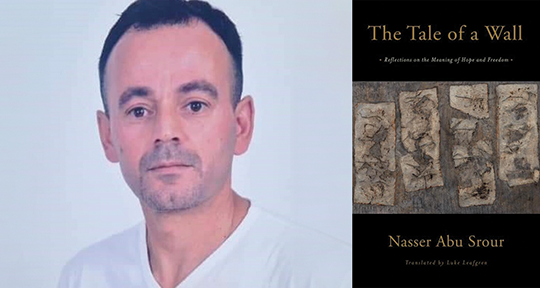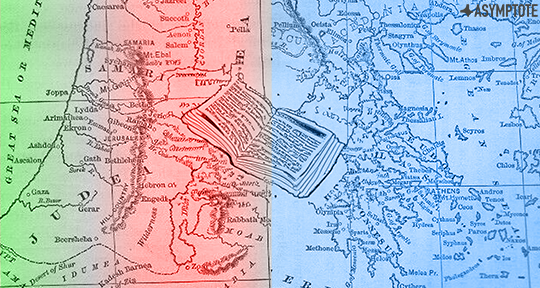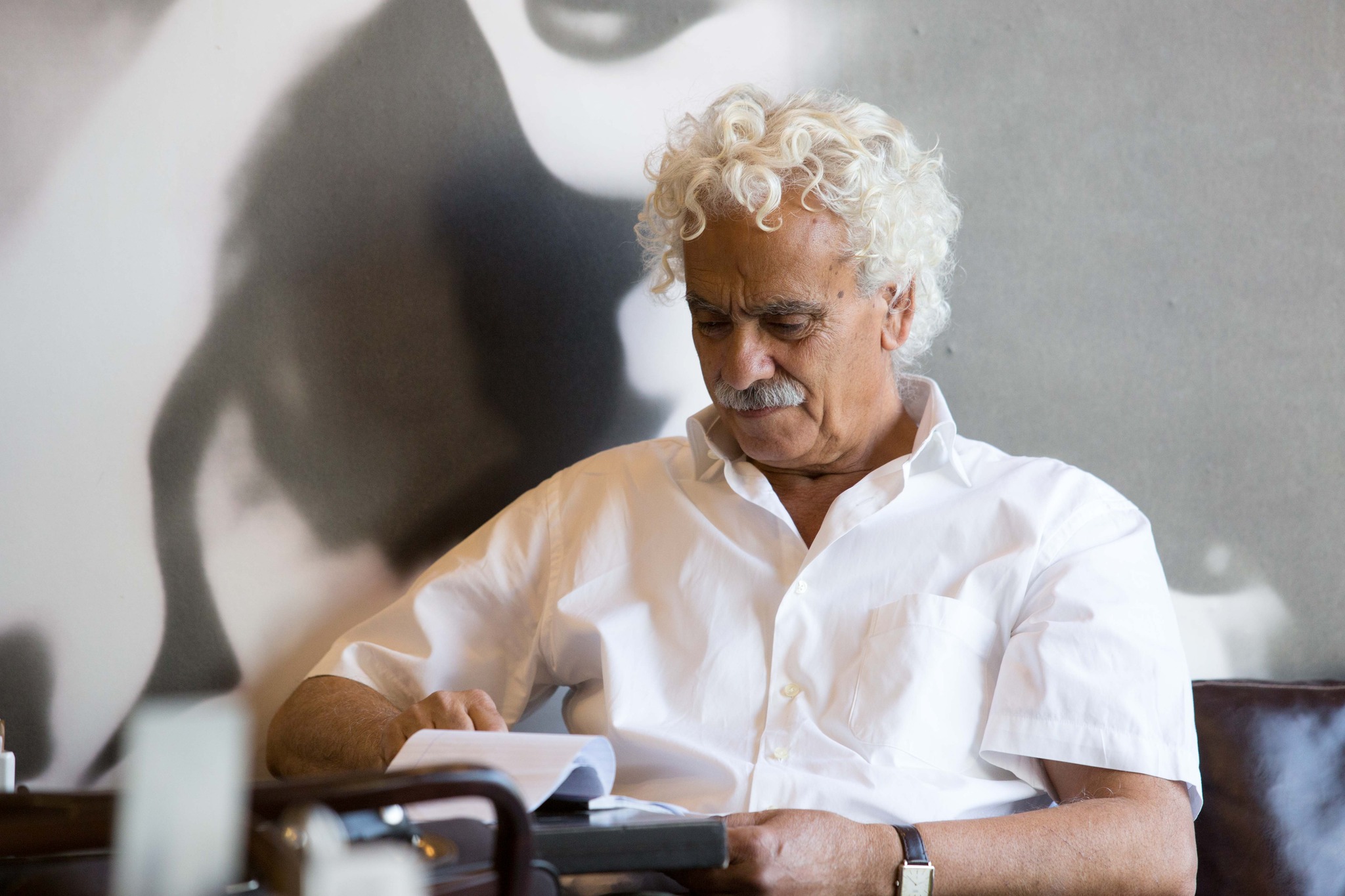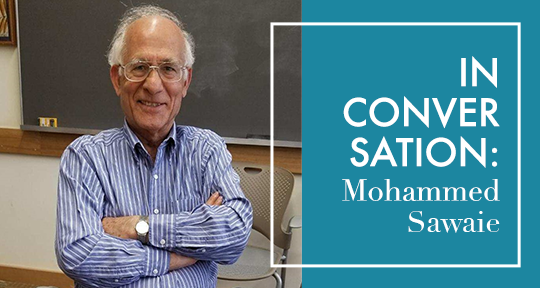Earlier this year, Mohammed Sawaie, a professor of Arabic at the University of Virginia, published a new anthology of Palestinian poetry, The Tent Generations: Palestinian Poems (Banipal, 2022), including poems by sixteen Palestinian poets from diverse backgrounds. I recently had a chance to interview Sawaie over email about this work. Our correspondence ranged over several topics, including the inspiration behind this translation project, the criteria Sawaie used to select the poems in his anthology, the choices he faced in rendering different rhetorical devices into English, and the place of the anthologized poems in Palestinian literary history and in the Palestinian struggle.
Eric Calderwood (EC): Talk to me about the inspiration behind this project. Why did you think that now was a good time to publish a new anthology of Palestinian poetry?
Mohammed Sawaie (MS): The genesis of the project began with reading the poem “He is calm and so am I” (“Huwa hadiʾ wa-ana ka-dhalik”) by the renowned Palestinian poet Mahmoud Darwish with two of my assistants, while directing a University of Virginia language program at Yarmouk University, Irbid, Jordan in 2012. It occurred to me then to translate this poem—and the comments on the translation led to a Eureka moment! Following that summer, I started to think seriously about compiling a list of Palestinian poets and their poems to make their translation available to English readers, who, outside specialists, are generally not informed about Arabic literature, let alone Palestinian literary production—especially poetry.
As Palestinians continue to struggle for their home country and their own independent state, they are continually faced by a strong adversary that controls every aspect of their lives. In their struggle against Israeli occupation, the daily violent acts culminate in flareups, devastating wars, invasions of homes, killings, imprisonments, and so on. Such events often go unreported in the Western media, unless there is a large-scale war. Nevertheless, due to the wide use of social media, more and more people are becoming increasingly aware of the injustices experienced by Palestinians. It is only natural, in my view, to introduce to English-speaking readers authentic voices representing Palestinians—the female and male poets of varied generations—who are best qualified to tell their stories, their history, their suffering, their alienation in their diasporic places of residence, and their aspirations for a safe home to return to, to identify with, and to build, on par with other fellow human beings.
EC: In the anthology, there are Muslim and Christian poets, poets with varying levels of education, as well as poets born at different moments of the twentieth century and who lived through the major events of modern Palestinian history—from the period of the British Mandate in Palestine (1920–1948), to the Nakba of 1948, to the present. Could you discuss your selection process for this anthology?
MS: Readers may not be aware that Palestinians enjoy one of the highest levels of education in the Arab world despite their nakba, their expulsion from their indigenous homeland, and dispersal in the world. Poetry is often believed to rise and develop because of adverse situations; consequently, there are innumerous poets among the fifteen million or so Palestinians worldwide, poets of varying degrees of quality and recognition by readers in the Arab world.
Perhaps this is an appropriate time to say a word about the style of Arabic poetics. Prior to the 1940s, Arab poets—Palestinians included—largely composed in the classical mode of composing poetry, which means adhering to one meter and the same rhyme throughout the poem (regardless of length). Around the mid to late 1940s, many Arab poets forsook this classical style and adopted a new mode of writing poetry, called al-shiʿr al-hurr, free verse, in which the monometer and monorhyme were abandoned. READ MORE…







